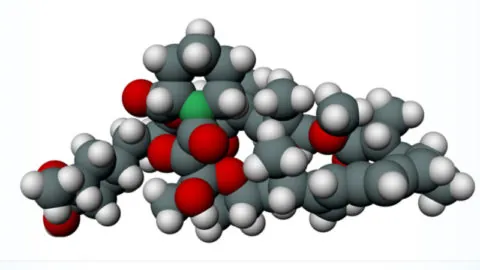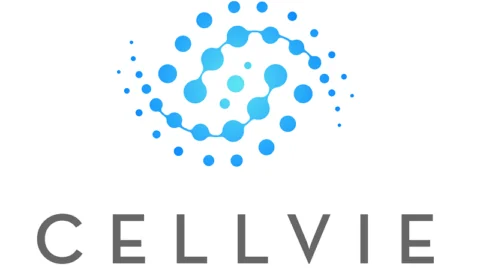January 29, 2021
Do members of Congress actually listen to the concerns of their constituents? Are the letters and emails you send read, or are they discarded into the physical or virtual trash? If they are read, does it even make any difference? Popular belief would tell you that the answer is no to all of the above,...
January 29, 2021
Recent data published in Neuropsychopharmacology has looked at changes in brain connectivity across lifespan and in patients with major depressive disorder. Biological and chronological age Your chronological age is simply the amount of time that has passed since you were born, but your biological age represents how your body has physically aged over that time....
January 28, 2021
Researchers at the Buck Institute for Research on Aging have published the results of a longitudinal and functional study of 700 aging mice [1]. The study took several years to complete, with five of the labs at the Buck collaborating. As part of this detailed study, the research team monitored rates of age-related change using...
January 27, 2021
Although rapamycin reliably extends lifespan in a range of organisms, new research shows that it does not achieve this via the same pathways as caloric restriction [1]. Understanding how the two processes differ and interact could help researchers eventually piece together the longevity puzzle. Caloric or dietary restriction (CR) is perhaps the most robust, effective...
January 27, 2021
By our late 30s, most of us have a growing number of gray hairs. They just show up one day, unannounced, and they continue to hang out, usually unwelcomed. Then, they multiply, steadily, inexorably. That little party becomes a larger party, and eventually the party takes over and kicks everyone else out. Some of us...
January 26, 2021
The mitochondria are an important target in aging, as their age-related dysfunction is thought to be a reason we age. These tiny power stations living in our cells do a wonderful job producing energy and keeping us alive, but, as we age, they become increasingly dysfunctional and that supports the onset of various age-related diseases....








